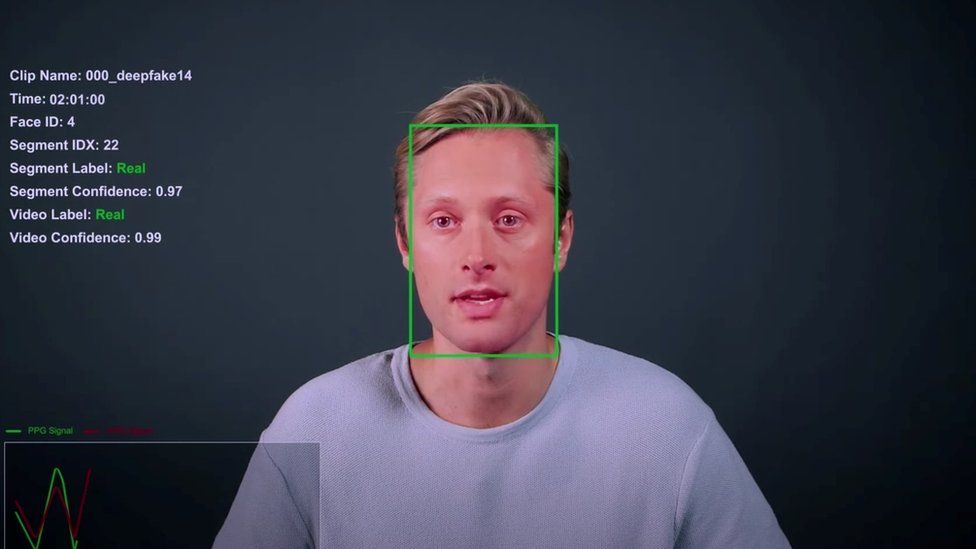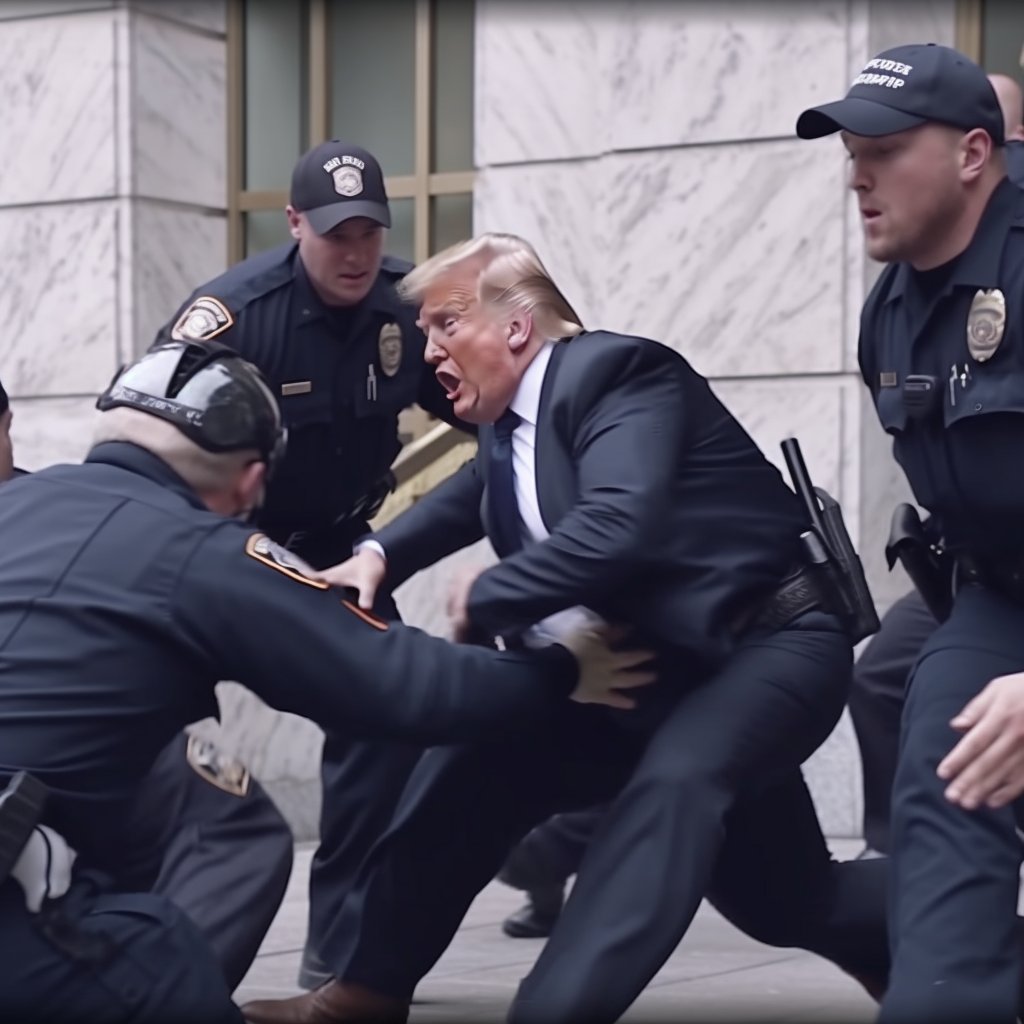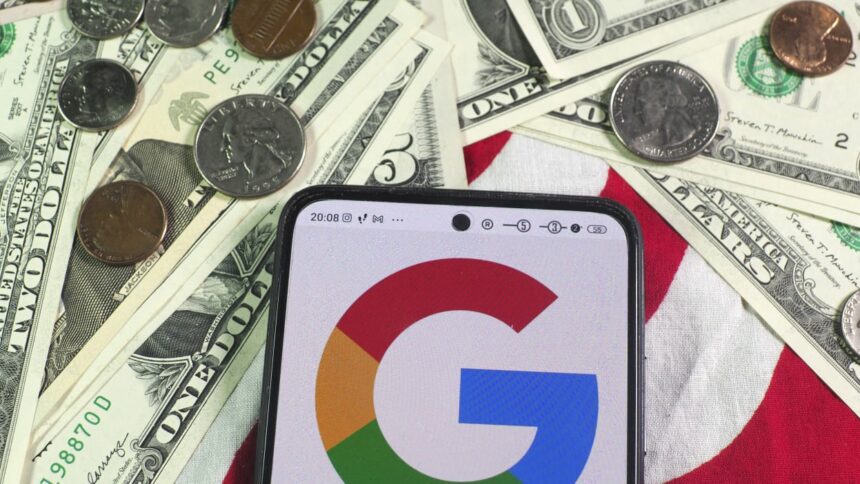Google is set to implement new regulations that will compel political advertisements appearing on its platforms to explicitly indicate when images and audio have been generated through the use of artificial intelligence (AI). These guidelines have been introduced in response to the increasing availability of tools capable of producing synthetic content, as confirmed by a Google spokesperson in conversation with the BBC.

This alteration is planned to come into effect in November, approximately one year in advance of the upcoming United States presidential election. Concerns have arisen regarding the potential for AI to significantly amplify the spread of disinformation during political campaigns. Google’s current advertising policies already prohibit the manipulation of digital media for the purpose of deceiving or misleading individuals on political, social, or public interest matters.
However, this forthcoming modification will necessitate election-related advertisements to conspicuously indicate if they include “synthetic content” portraying actual people or events in a realistic manner. Google has proposed using labels like “this image does not represent actual events” or “this video content was generated synthetically” as identifiers.

Google’s ad policy also explicitly prohibits claims that can be proven false and have the potential to erode trust in the electoral process. The company mandates that political advertisements must reveal their financial backers and provides accessible information about their content through an online ads repository.
Furthermore, any disclosures regarding digitally manipulated content in election-related ads must be easily discernible and placed in locations where they are likely to be noticed. This entails labeling synthetic imagery or audio featuring individuals engaging in actions they did not perform or portraying events that never took place as examples of content necessitating such labels.

In recent months, there have been instances of fabricated images and videos generated by AI, including a fake image of former President Donald Trump’s arrest, a deepfake video of the Ukrainian President, and a campaign video by Ron DeSantis. These cases highlight the rapid advancement of generative AI and its potential for misuse. Google stated that it is actively investing in technology to identify and eliminate such content.








